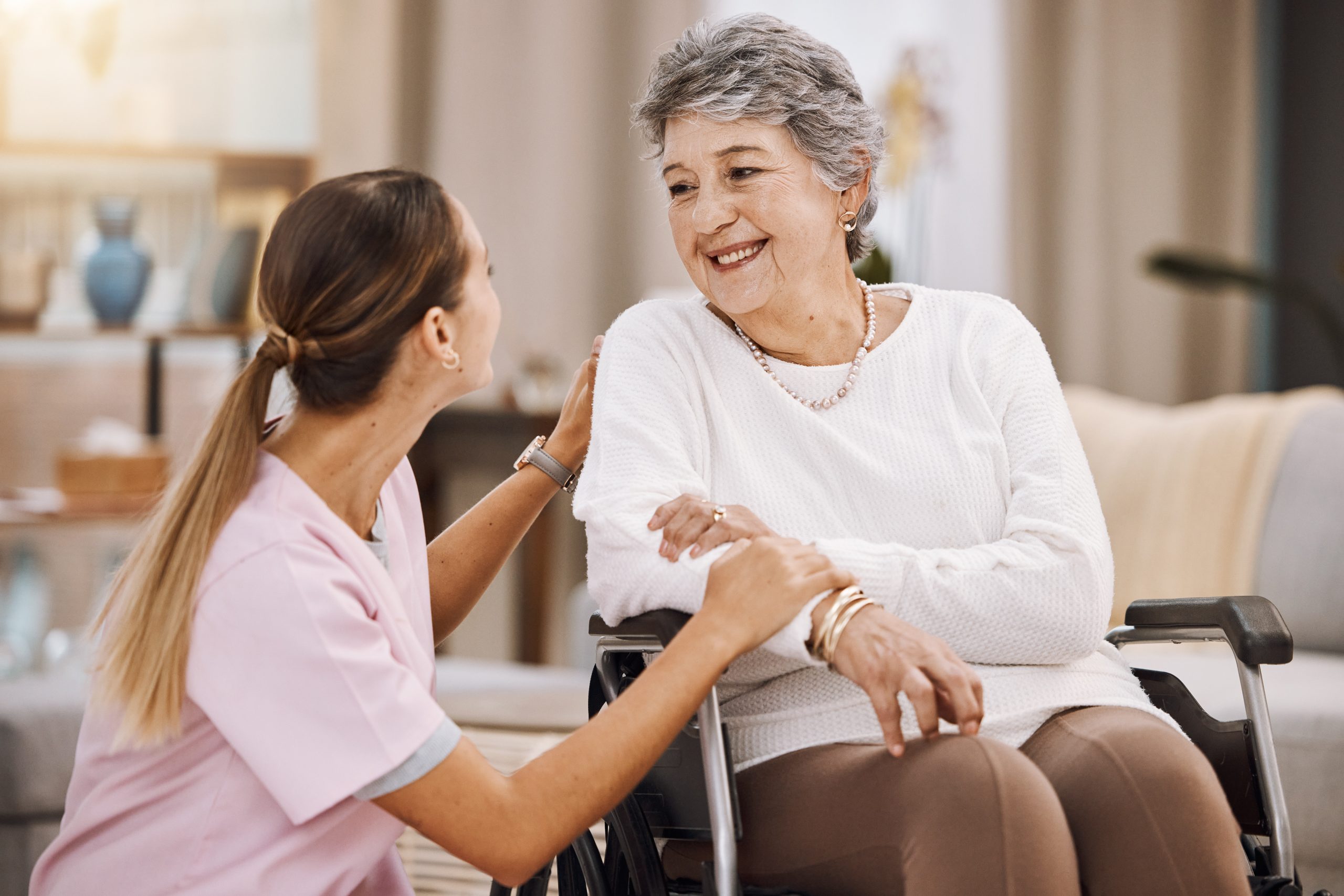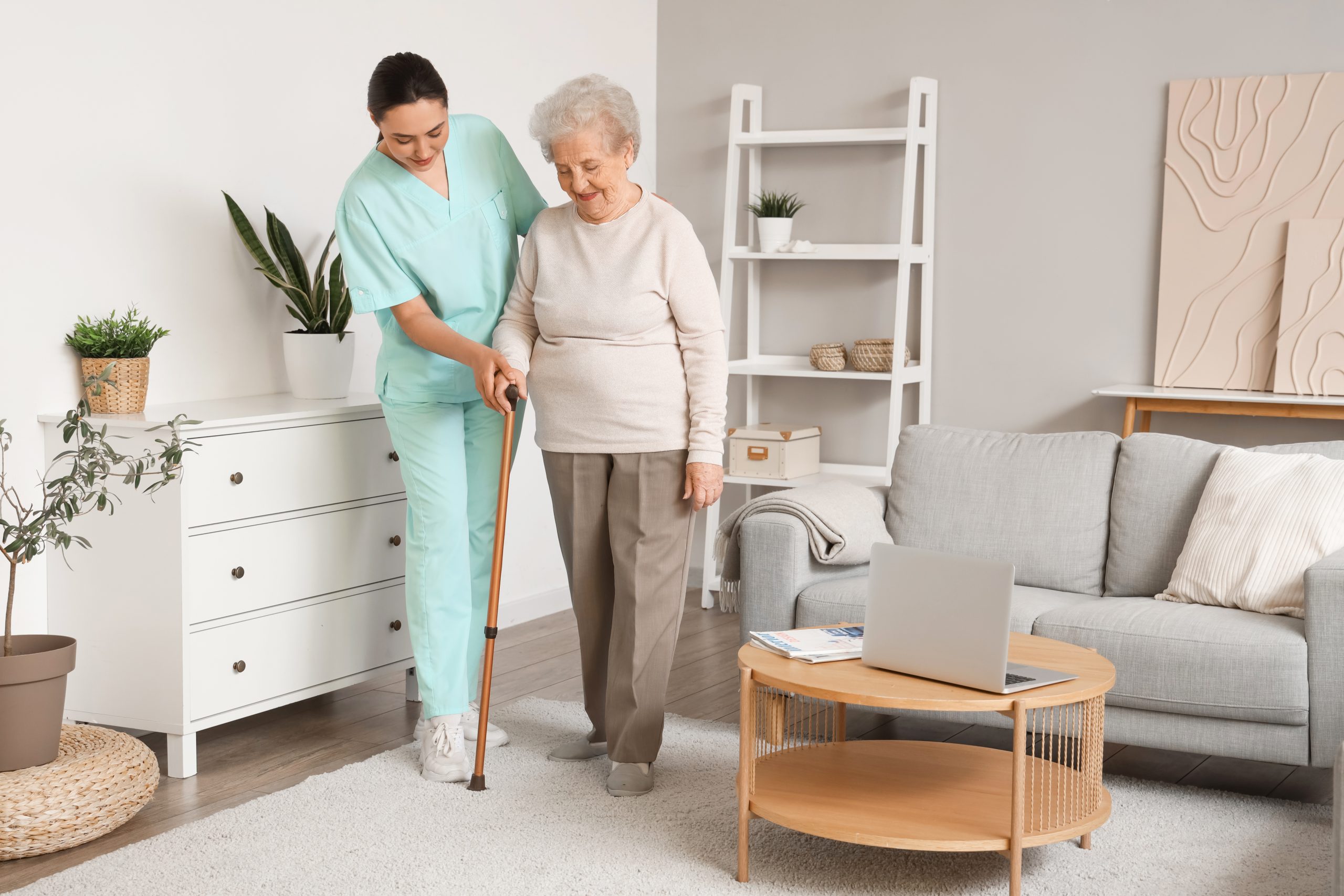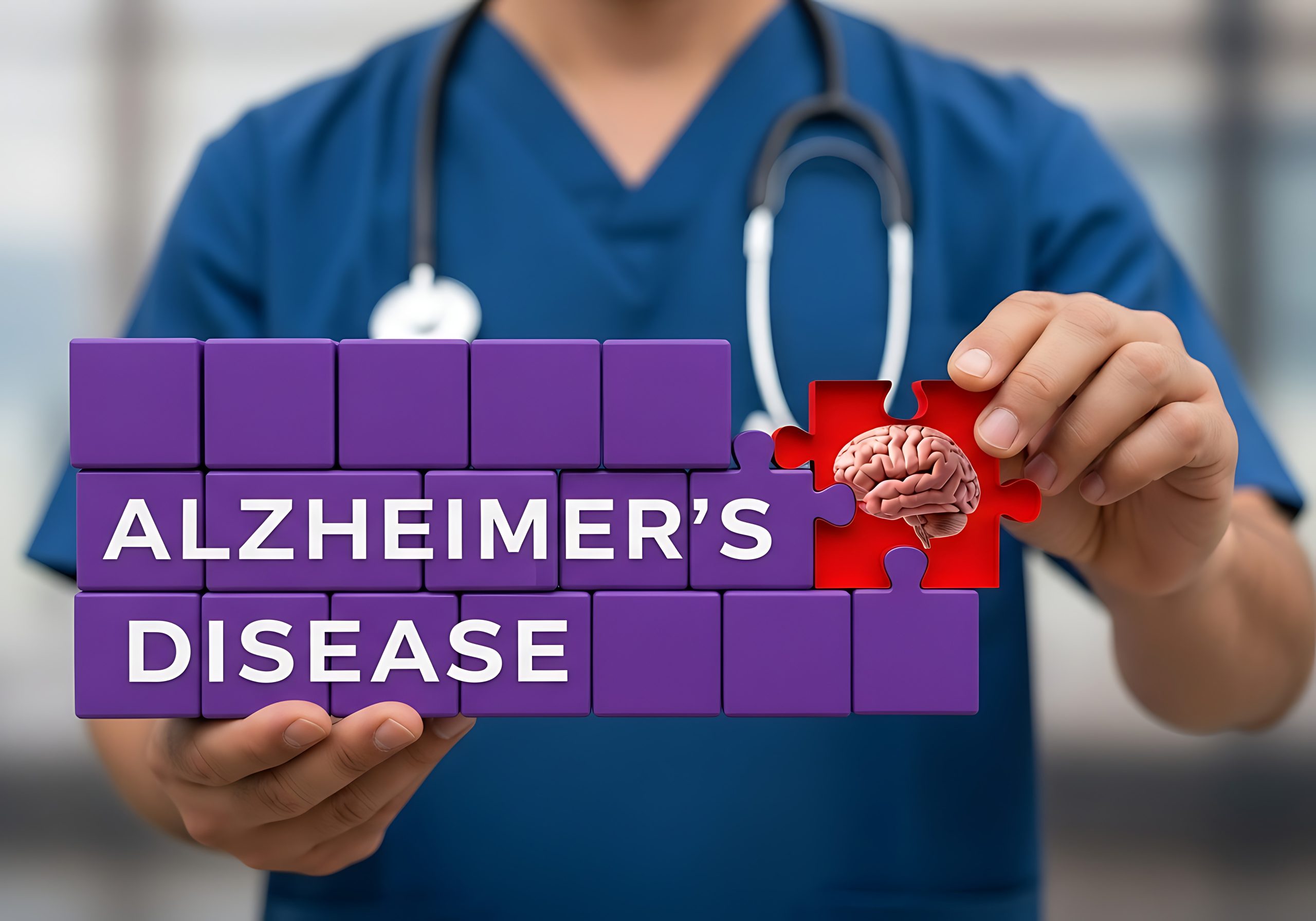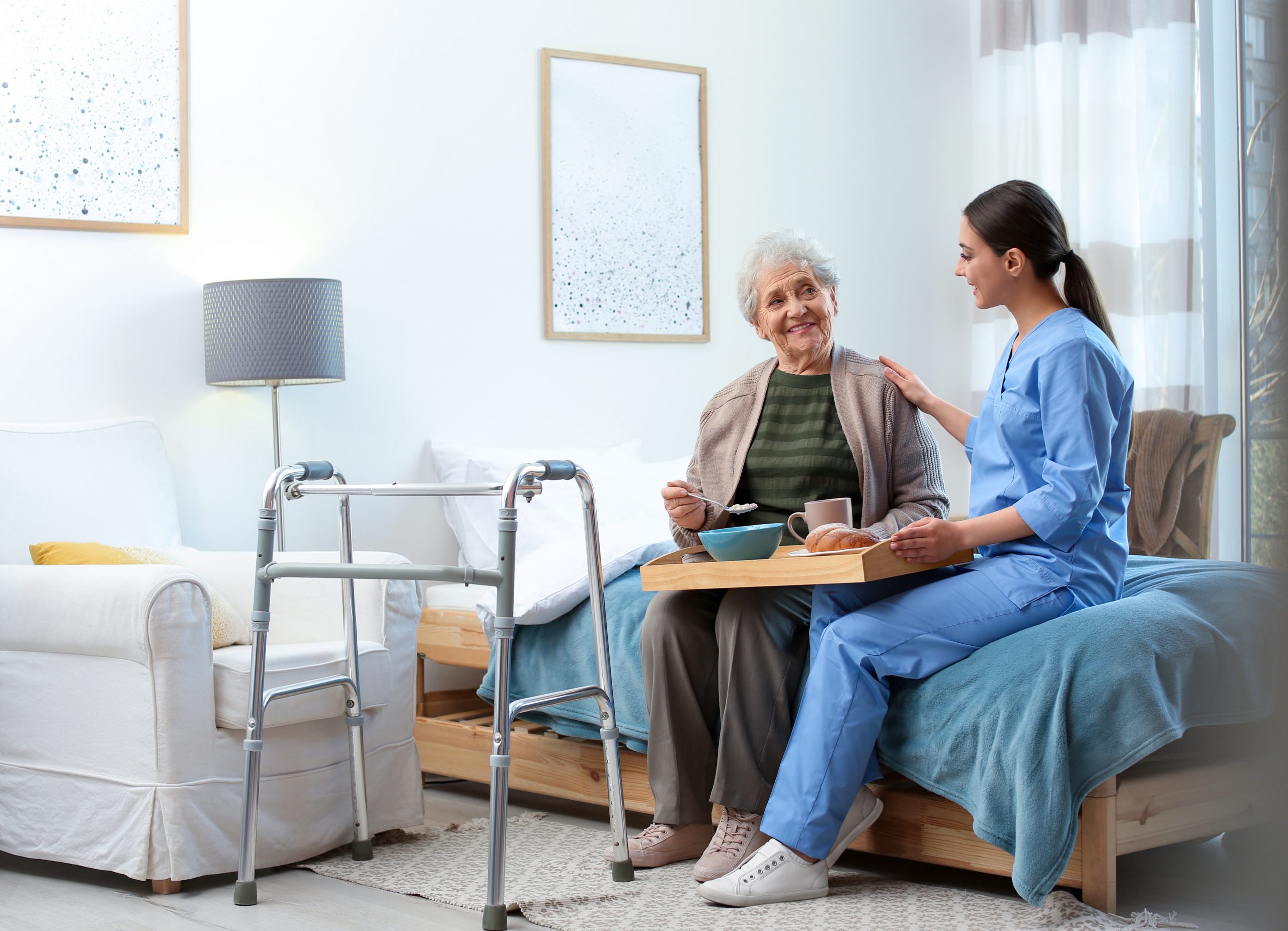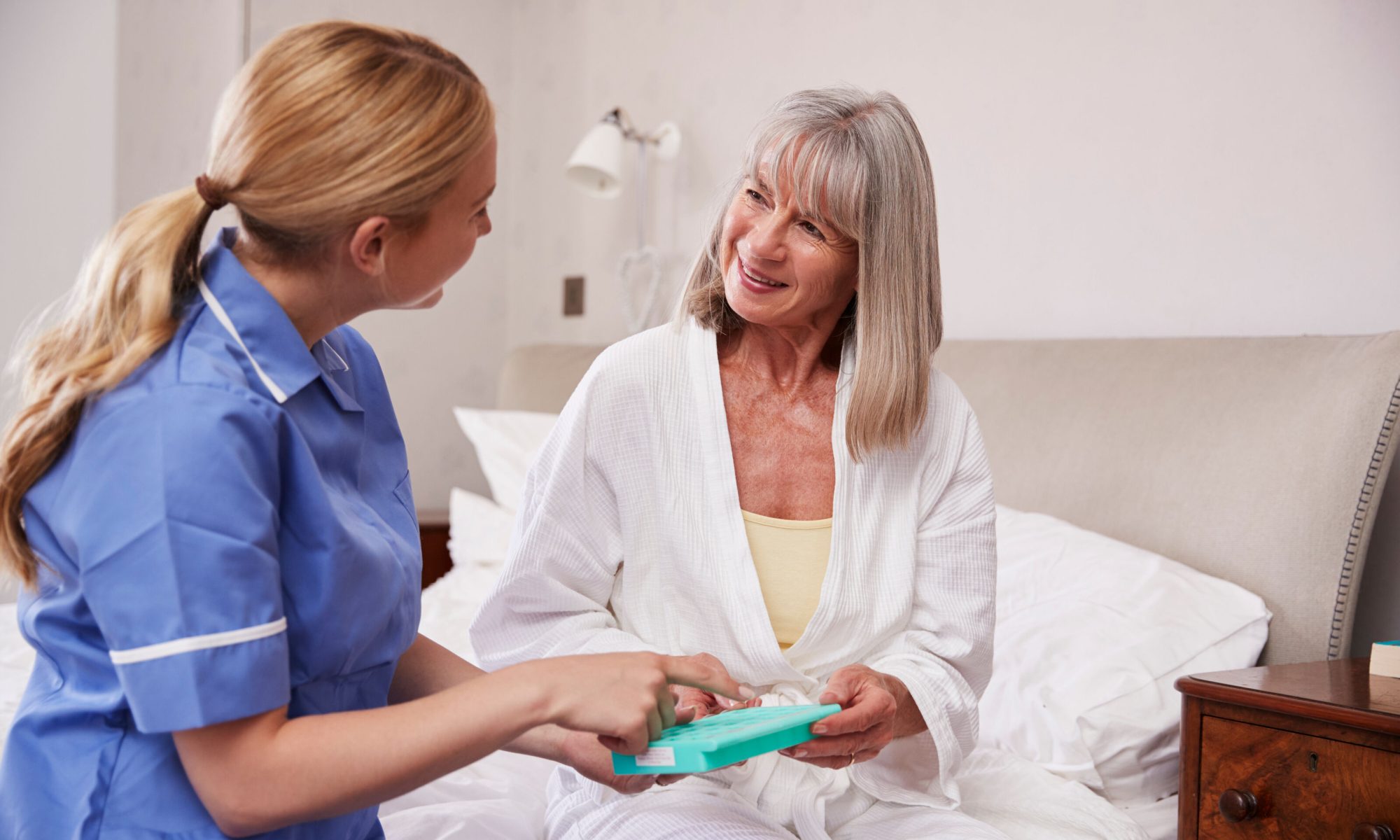
Table of Content
- 1 Understand the Recovery Timeline
- 2 Immediate recovery (first 3 months):
- 3 Extended recovery (3 months to 2 years):
- 4 Long-term adaptation (beyond 2 years):
- 5 Create a Safe Home Environment
- 6 Bathroom modifications:
- 7 General home safety:
- 8 Bedroom adjustments:
- 9 Support Communication Recovery
- 10 Effective communication strategies:
- 11 Technology assistance:
- 12 Medication Adherence and Health Monitoring
- 13 Medication organization:
- 14 Health monitoring tasks:
- 15 Emergency preparedness:
- 16 Foster Independence while Providing Support
- 17 Encourage self-care:
- 18 Social and emotional support:
- 19 Gradual responsibility transfer:
When someone you care about experiences a stroke, the journey ahead can feel overwhelming and uncertain. Understanding what to expect and how to provide effective support can make a significant difference in your senior loved one’s recovery process and your ability to navigate this challenging time together.
Understand the Recovery Timeline
Recovery from a stroke varies greatly from person to person, but understanding general patterns can help you set realistic expectations
Immediate recovery (first 3 months):
- The most dramatic progress typically occurs during this period.
- Focus on basic functions like swallowing, speaking, and mobility.
- Intensive rehabilitation often begins in the hospital or rehabilitation facility.
Extended recovery (3 months to 2 years):
- Progress continues but at a slower pace.
- Emphasis shifts to regaining independence in daily activities.
- Ongoing therapy and home exercises become crucial.
Long-term adaptation (beyond 2 years):
- Some progress may still occur, though less dramatic.
- Focus on maintaining abilities and preventing complications.
- Lifestyle adjustments become permanent.
An in-home caregiver can be a wonderful source of support for a senior who is recovering from a stroke. Families looking for top-rated home care service providers can reach out to Assisting Hands Home Care Columbia. From respite care to specialized Alzheimer’s, dementia, stroke, and Parkinson’s care, there are many ways we can make life easier for seniors and their loved ones.
Create a Safe Home Environment
Making your home stroke-friendly requires attention to both physical safety and accessibility.
Bathroom modifications:
- Install grab bars near the toilet and in the shower.
- Use nonslip mats and raised toilet seats.
- Consider a shower chair if standing is difficult.
General home safety:
- Remove throw rugs and secure loose carpeting.
- Ensure adequate lighting throughout the house.
- Keep frequently used items within easy reach.
- Install handrails on both sides of staircases.
Bedroom adjustments:
- Place a phone and flashlight within arm’s reach of the bed.
- Consider a hospital bed if mobility is severely limited.
- Organize clothing for easy access and dressing.
Some seniors need occasional assistance at home, and oftentimes the family members who take care of them need time away to run errands, take a nap, go to work, or take a vacation. The respite care experts from Assisting Hands Home Care Columbia are available on an as-needed basis, giving your family peace of mind that your loved one will remain safe and comfortable while you relax or focus on other important responsibilities.
Support Communication Recovery
Speech and language difficulties are common after strokes, but patience and proper techniques can help.
Effective communication strategies:
- Speak slowly and clearly without shouting.
- Give your loved one time to process and respond.
- Use visual cues, gestures, or pictures when helpful.
- Ask yes/no questions when possible to reduce frustration.
Technology assistance:
- Speech therapy apps can provide additional practice.
- Communication boards with pictures or words.
- Voice amplifiers if speech volume is affected.
Remember that understanding often remains intact even when speaking ability is impaired, so continue normal conversations and avoid talking about your loved one as if he or she isn’t present.
Medication Adherence and Health Monitoring
Proper medication organization becomes critical for preventing future strokes and managing ongoing health.
Medication organization:
- Use pill organizers sorted by day and time.
- Set phone reminders or alarms for medication times.
- Keep an updated list of all medications and dosages.
- Ensure medications are stored safely and accessibly.
Health monitoring tasks:
- Track blood pressure readings if recommended by doctors.
- Monitor for signs of depression or mood changes.
- Watch for symptoms that might indicate complications.
- Maintain regular follow-up appointments with healthcare providers.
Emergency preparedness:
- Keep emergency contact information easily accessible.
- Know the signs of another stroke (F.A.S.T. – Face drooping, Arm weakness, Speech difficulty, Time to call emergency services).
- Have a plan for transportation to medical appointments.
Foster Independence while Providing Support
Balancing assistance with encouraging independence requires careful consideration.
Encourage self-care:
- Allow extra time for daily activities like bathing and dressing.
- Provide adaptive equipment such as button hooks or zipper pulls.
- Break complex tasks into smaller manageable steps.
- Celebrate small victories and progress.
Social and emotional support:
- Encourage participation in enjoyable activities within your loved one’s abilities.
- Connect with stroke support groups for both seniors and caregivers.
- Maintain social connections with friends and family.
- Consider counseling if depression or anxiety develops.
Gradual responsibility transfer:
- Start with simple tasks and gradually increase complexity.
- Respect your loved one’s dignity and decision-making abilities.
- Ask before providing help—your loved one may prefer to try independently first.
- Focus on what your loved one can do rather than limitations.
Certain age-related conditions can make it more challenging for older adults to age in place safely and comfortably, but experts in providing the high-quality live-in care Columbia seniors need are available around the clock to help aging adults manage their health. Whether your loved one is living with dementia or recovering from a stroke, you can trust the professional caregivers from Assisting Hands Home Care to enhance his or her quality of life. If you need professional care for your loved one, reach out to one of our Care Managers today.

